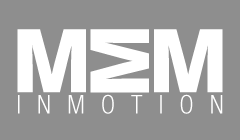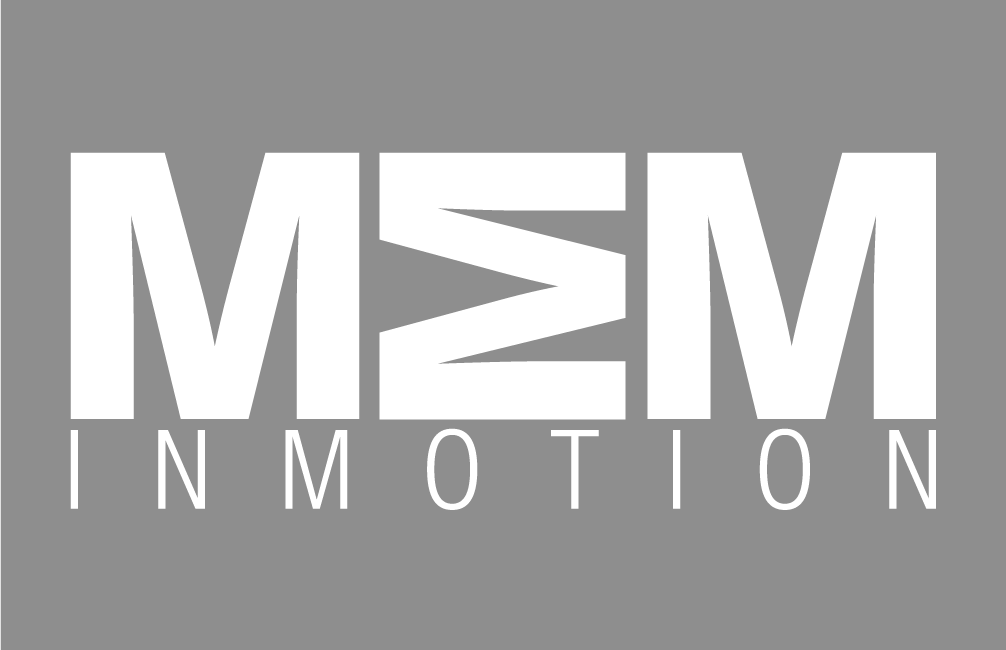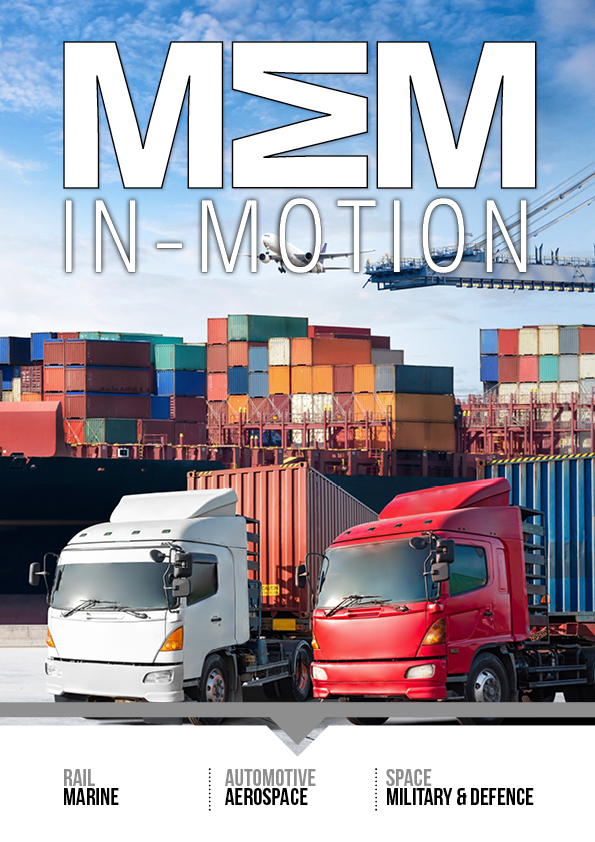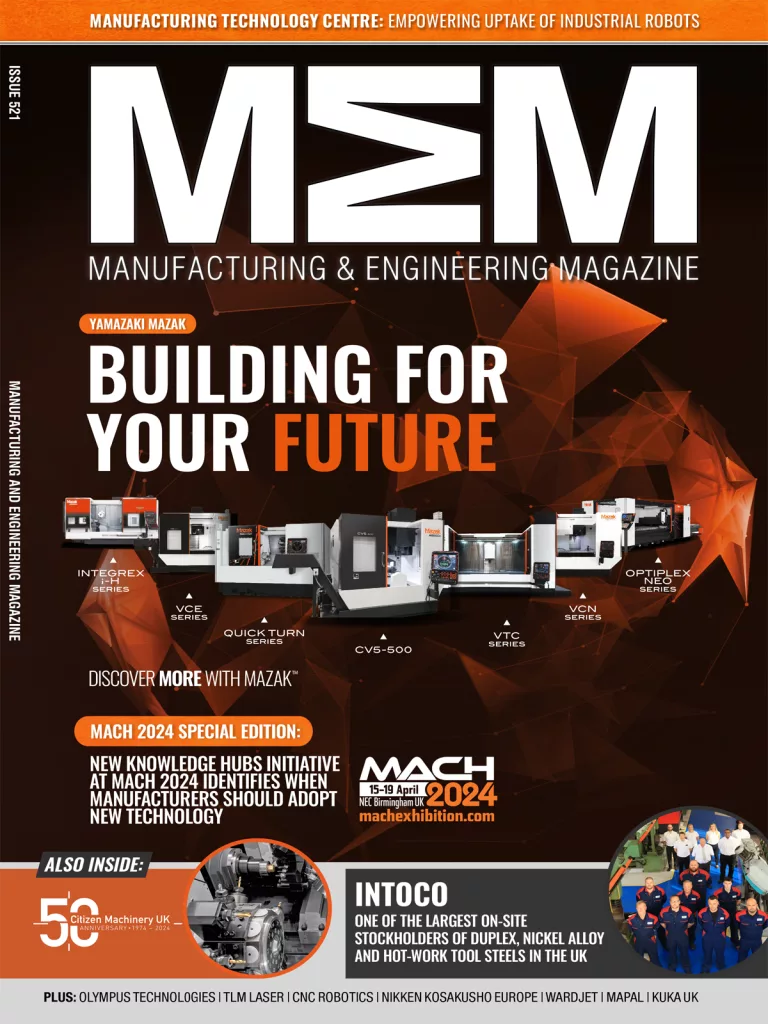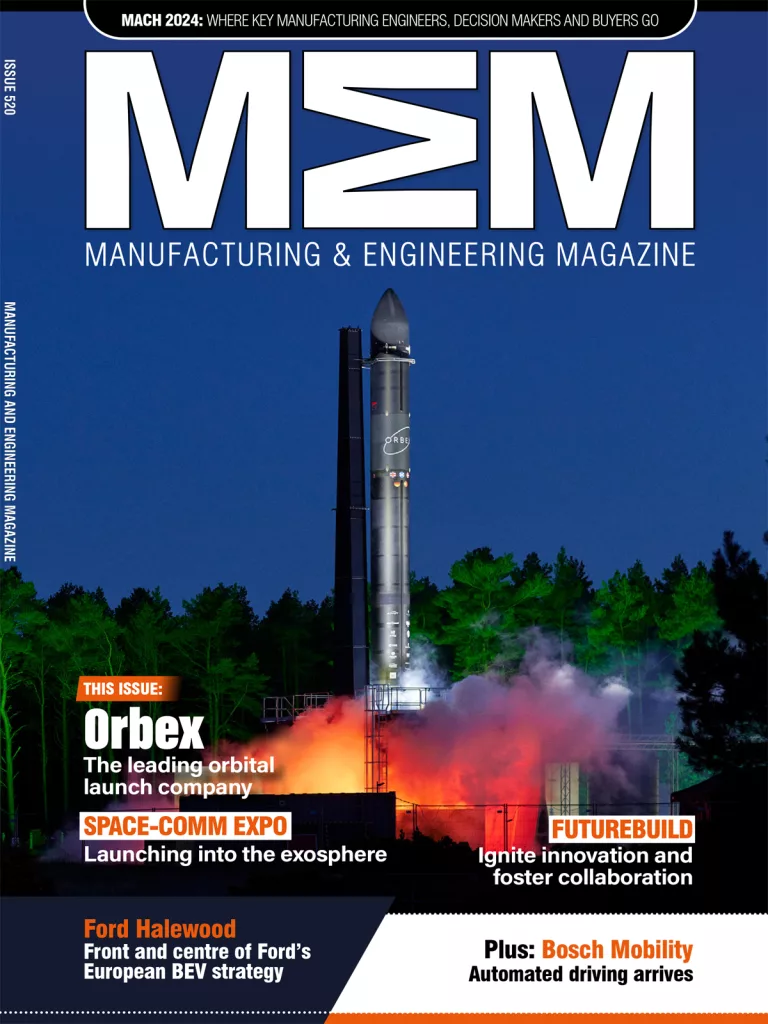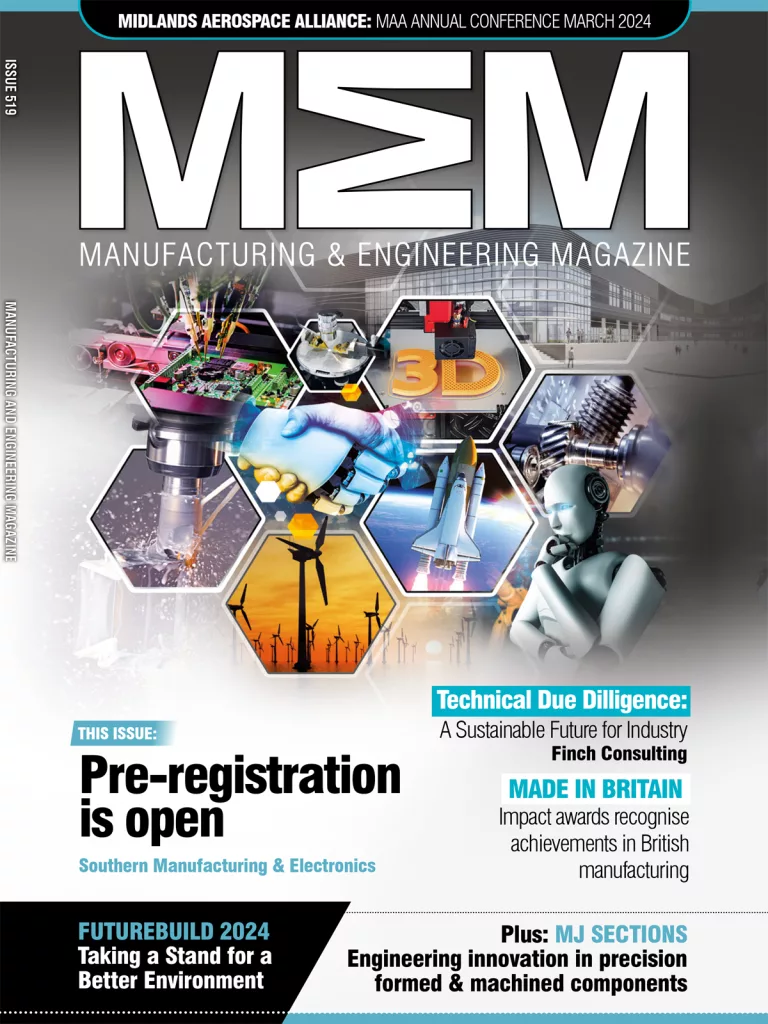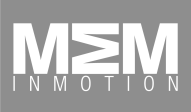Torotrak – Accelerating in Force
(The Following is a Promoted Article)
One of the biggest challenges facing the modern automotive industry is negotiating the various changes in carbon emissions legislation whilst still accommodating the performance needs of the consumer and, critically, at a low cost, insists Tobias Knichel, Business Development Director at Torotrak. Confronting that issue head-on, Torotrak has developed a range of efficiency-enhancing solutions and promises to deliver a cleaner, greener and more efficient future and at rate which is affordable so as to be viable sector-wide.
Founded at the turn of the millennium, one of Torotrakâs sites sits in the heart of Motorsport Valley in MEPCâs Silverstone Park and is very much dedicated to improving vehicle performance with the environment firmly in mind. Applying its passion for quality engineering to develop pioneering products and provide expert engineering in the automotive industry, the company provides a number of advanced mechanical technologies for use in commercial, on and off-road vehicles as well as passenger car industries.
So often, the case of increasing a vehicle’s efficiency and reducing its carbon emissions comes at the cost of vehicle performance and responsiveness, as well as representing major costs businesses simply cannot support. With three core products, Torotrak focuses on key areas of supercharging, kinetic energy recovery and main drive transmissions, promising optimised efficiency without compromising on the operational integrity of a vehicle. The superior performance of its V-Charge supercharger, for instance, provides exactly the amount of air that the engine requires at every operating condition, delivering from 0 to 95 per cent of target torque in just 400 milliseconds. With near silent operation, the V-Charge is testament to Torotrak’s mechanical engineering excellence, a knowledge core allowing the company greater flexibility in design and providing its customers with a viable means with which to reduce their environmental impact.
As Knichel corroborates: In several markets, we compete against electrical alternatives. Whilst they’re very capable systems and you can achieve good fuel consumption improvements with an electric hybrid vehicle, the costs are prohibitive and that, in turn, restricts them to high-end, luxury vehicles. The USP of our products is that we can achieve very comparable fuel economy improvements but at a much lower cost because our technologies are based on mechanical principles. We can therefore roll them out across vehicle ranges, be that commercial bus or road car, and reap a greater overall reduction in carbon emissions.
Following the acquisition of Flybrid Automotive little over two years ago, Torotrak is now able to support the application of its award-winning, flywheel hybrid system (or KERS). A new breed of pragmatic hybrid, KERS technology recovers energy that is ordinarily dissipated as heat during braking events in a smarter and more environmentally-sound way. Mechanical and compact, the pioneering energy-recovery system not only achieves greater efficiency and enhances engine performance but is, too, significantly cheaper in both the long and short term.
With each product manufactured, assembled and developed in-house, Torotrak effectively spreads its engineering knowledge across market segments, utilising the same design rules, manufacturing techniques and development processes across the breadth of vehicles in the sector. Promoting cross-pollination between industries and cutting down the costs and lead times associated with outsourcing, the company is able to develop and deliver advanced technology at pace unrivalled by any other. It’s with the combination of engineering esteem and a rapid production process that Torotrak continues to attract international players in the automotive industry; Jaguar being a public example.
Working on a 1.8 tonne, diesel Jaguar XF, we were tasked to deliver the superior performance appropriate to such a high-end product, details Knichel. With the installation of a powerful, 60kW kinetic energy recovery system (KERS), we were able to achieve the performance of the V8 petrol equivalent, whilst realising the fuel economy of the four cylinder diesel variant.
The expertise Torotrak has built up over the years developing state-of-the-art products extends across design, modelling, product development and prototype build-and-test. Within its specialist facilities and test operations centre, the company offers engineering consultancy services in which to evaluate the specific advantages its products can bring to potential clients. Promoting absolute transparency, Torotrak supports customers to make an informed decision on how to improve vehicle performance, from providing an initial outline of specification, to conducting demonstrations, right through to completing a productionisation process. The process presents the opportunity in which to test the predicted performance and adapt technologies, as well as carry out functional safety analysis and extended durability testing.
With the support of the Advanced Propulsions Centre (APC) and Innovate UK, Torotrak continues to develop new products and systems in line with changes in regulatory standard and customer preference. The former, in particular, has been invaluable in facilitating collaboration between SMEs, like Torotrak, and OMEs and larger Tier 1 companies in order to push industry progress, as well as increase the speed at which products are developed and released to the market. A number of projects are already underway at its Leyland site, home to its production and long-term development facilities, and Torotrak is very much committed to driving evolution in the automotive sector as a whole.
By working together with our customers and suppliers, we’re always finding new arenas and applications for our products, asserts Knichel. Our core ambition remains to make performance-enhancing technologies accessible to the whole of society and, in doing so, stimulate a shift toward a more environmentally-sustainable automotive sector. We will therefore continue to work in a very diverse environment, developing solutions for some of the largest car manufacturers as well as small businesses in the bus and commercial vehicle sector.
